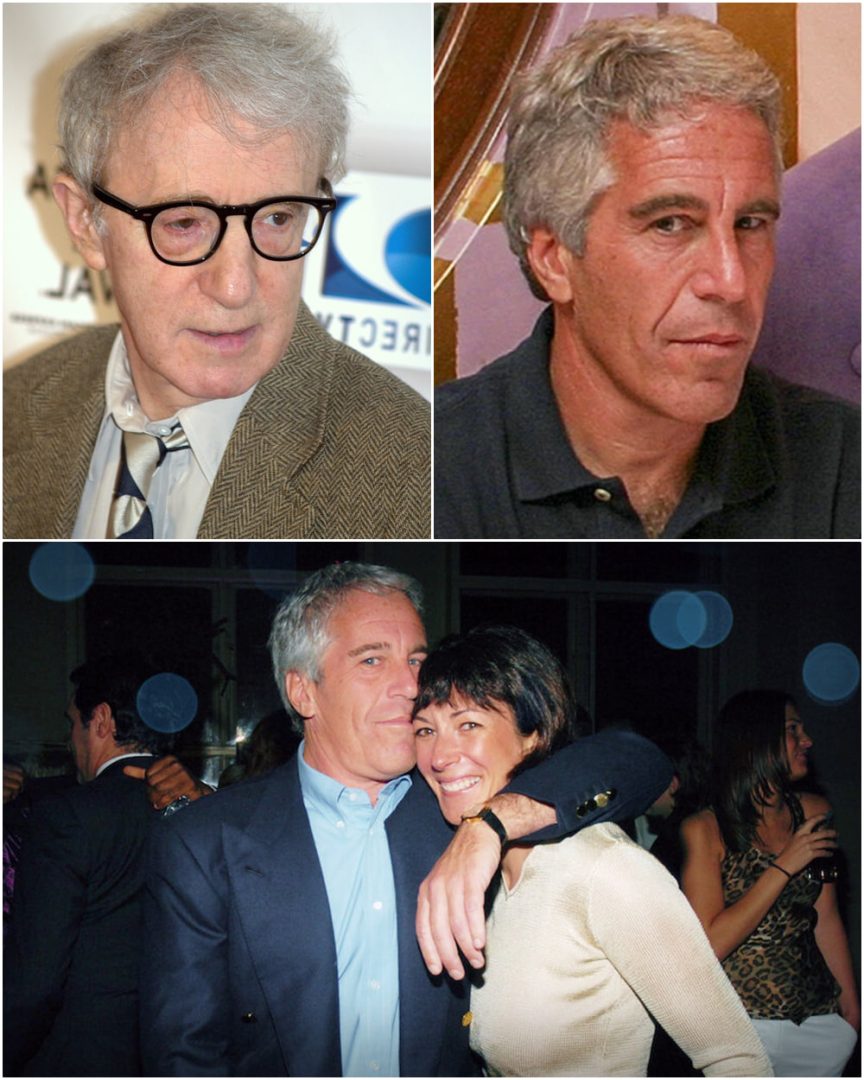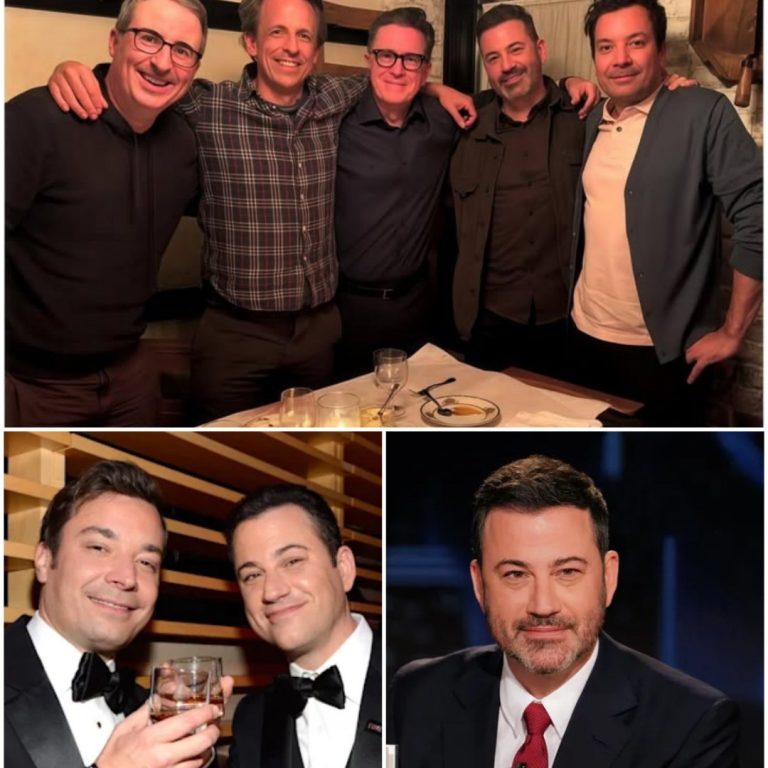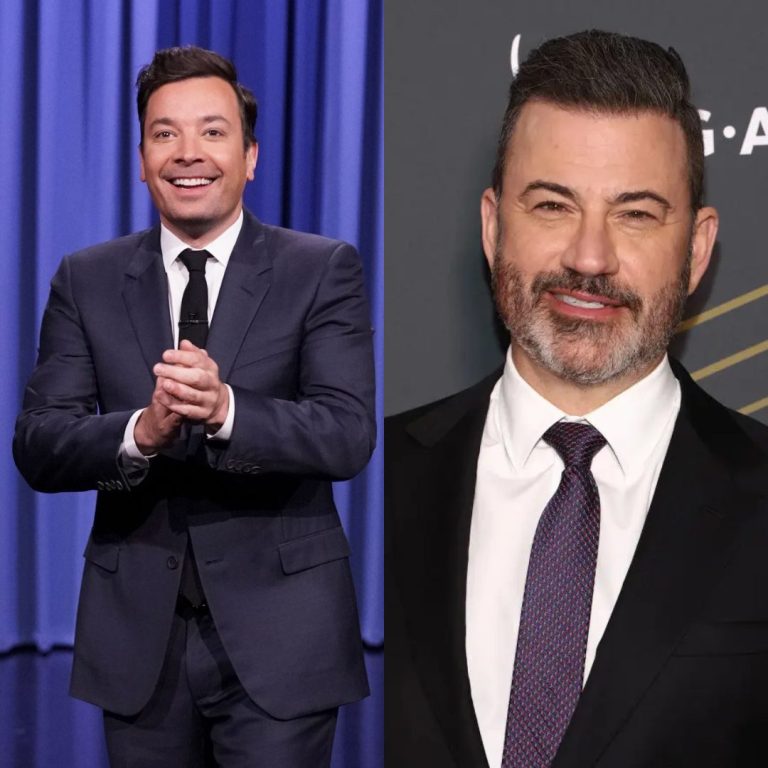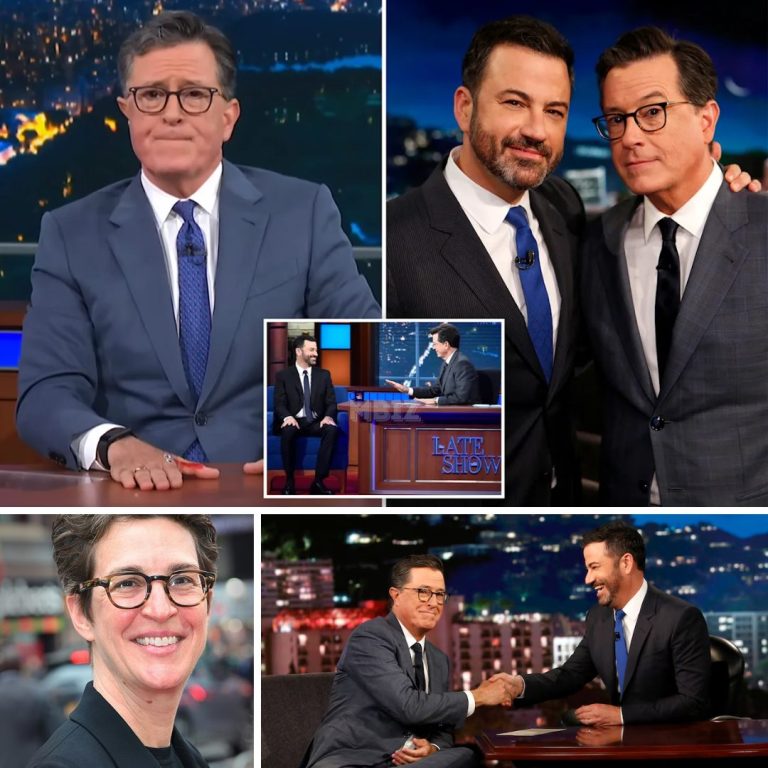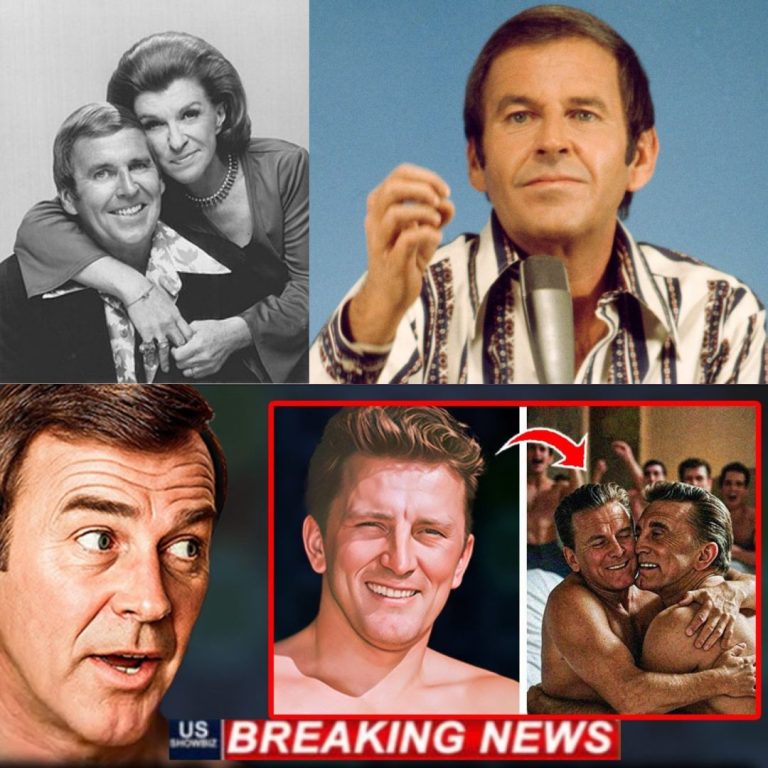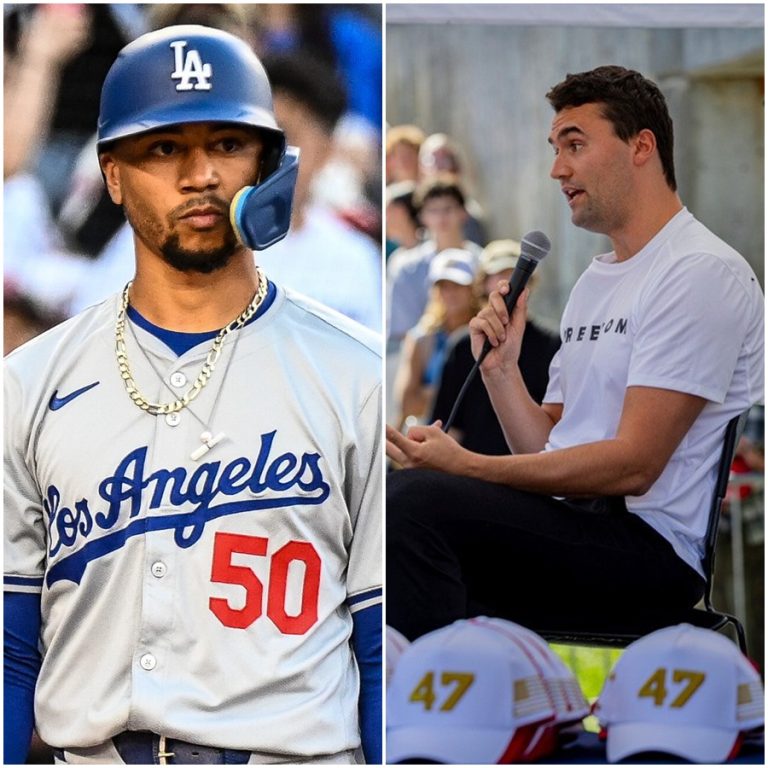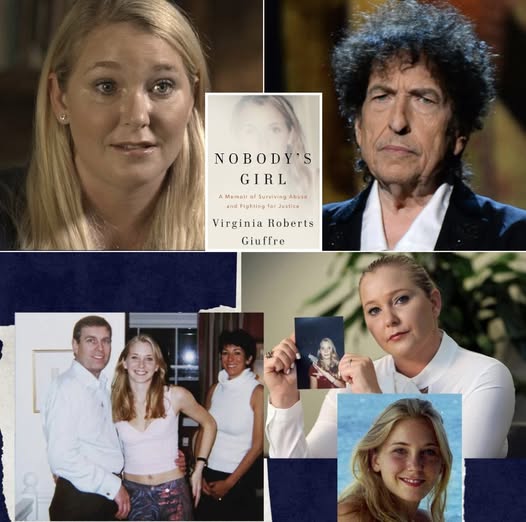The name Woody Allen has long been synonymous with controversy, but few expected him to wade directly into one of the most radioactive scandals in modern American memory: Jeffrey Epstein. Yet, during a recent sit-down that was supposed to be light, reflective, and tinged with humor, Allen detonated a cultural grenade. His unexpected comments about Donald Trump — and their tangled pasts with Epstein — reignited debates about morality, power, and the uneasy marriage between politics and Hollywood.

The fallout was immediate. Within minutes, social media turned into a courtroom. What Allen framed as offhand remarks became a viral flashpoint that dragged Trump, Epstein, and the ghosts of Hollywood’s “cancel culture” into the same messy arena.
A Canceled Figure Praises a Powerhouse
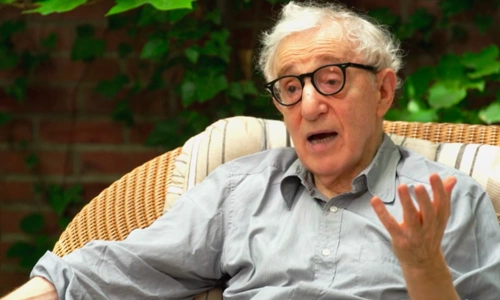
For years, Allen has been treated as persona non grata in Hollywood. Projects canceled, actors disavowing him, festivals slamming doors. And yet, out of the ashes, Allen decided to offer praise — not for a rising star or a beloved artist, but for Donald Trump.
The irony was too sharp to miss. Here was a man long exiled from Hollywood admiring another figure under endless scrutiny, a former president whose ties to Epstein still spark suspicion and disgust.
Allen’s words carried an uncomfortable truth: canceled figures often gravitate toward each other. “Trump,” Allen mused, “understands what it’s like to be vilified, misunderstood, and reduced to caricature.”
That single line lit the match.
Observers called it hypocrisy. How could Trump, who has tried for years to distance himself from Epstein, be aligned with Allen — a man whose name has become shorthand for moral collapse in Hollywood? The alignment didn’t just raise eyebrows. It raised alarms.
Comedy, Romance, and a Dark Shift
Allen, ever the humorist, tried to soften the moment with one of his classic reflections. He joked about his teenage awkwardness, how comedy rescued him from invisibility, and how it improbably introduced him to some of the most glamorous women in the world. The audience laughed. For a moment, the tension eased.
But then the conversation pivoted. What began as lighthearted self-deprecation morphed into something darker. Allen spoke about Trump with a surprising mixture of professional admiration and political distance.
“I don’t always agree with him politically,” Allen admitted. “But when I worked with him, he was polite, professional, even charming.”
It wasn’t the statement alone — it was the timing. To praise Trump’s demeanor while the world still connects him to Epstein was tone-deaf at best, calculated at worst. To critics, Allen wasn’t rehabilitating his own image. He was exposing the strange fraternity of men who thrive despite scandal.
Two Figures, One Shadow
The moment the Epstein name surfaced, the conversation became combustible. Both Allen and Trump have spent decades dancing in the orbit of power and excess. Both have faced allegations that damaged — but never fully destroyed — their careers. And both seem strangely unfazed by the shadow of Epstein.
Allen’s commentary was framed as anecdotal, but the undertones were impossible to ignore. The idea that Allen and Trump could collaborate — two men burdened by accusations, yet bound by notoriety — sent shockwaves through audiences already suspicious of Hollywood’s moral compass.
Critics argue the mere suggestion of alignment is corrosive. “It’s not about politics,” one cultural analyst noted. “It’s about what we, as a society, are willing to overlook. When these men stand beside each other, it tells victims their stories don’t matter, and it tells the public that accountability is negotiable.”
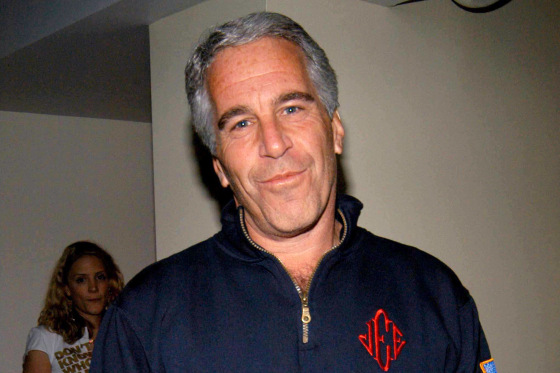
Trump’s defenders tried to brush it off. But the backlash revealed something more: the former president’s repeated inability to grasp how toxic his associations appear. His history with Epstein is a scar he cannot erase, no matter how loudly he insists on distance. Allen’s praise only deepened the wound.
Cancel Culture Meets Its Mirror
Perhaps the most unsettling part of Allen’s remarks wasn’t his praise, or even the Epstein connection. It was the mirror it held up to cancel culture.
For years, Hollywood loudly proclaimed Allen finished. He was “done.” Yet here he was, still finding an audience, still finding relevance — and using that stage to nod at Trump, another man many critics believe should have been finished long ago.
The spectacle revealed the contradictions of cancellation: who is truly canceled, and who finds a way back? Why do some figures fade into obscurity while others, burdened by equally disturbing allegations, continue to dominate headlines and stages?
Allen’s revelation was less about Trump himself and more about what America tolerates. Fame, power, and spectacle remain powerful shields. And when two figures already stained by scandal align, it doesn’t matter if they’re laughing or reflecting — the world sees complicity.
The Takeaway
Woody Allen’s eruption didn’t just revive old gossip. It reignited one of the most troubling conversations of our time: how much darkness are we willing to ignore for the sake of fame and power?
His praise of Trump wasn’t just ill-timed — it was a reminder that scandal doesn’t exist in isolation. Epstein’s shadow lingers because figures like Trump and Allen refuse to sever themselves from it completely. Whether intentional or not, Allen’s words tethered them together in the public imagination.
And in that tether lies the story: two men who should be defined by accountability, yet instead remain defined by notoriety.
For Woody Allen, the revelation may have been a casual remark. For Trump, it may have been a moment of unexpected validation. But for the rest of us, it was a siren: a warning that Hollywood and politics are still riddled with unrepentant ghosts.
